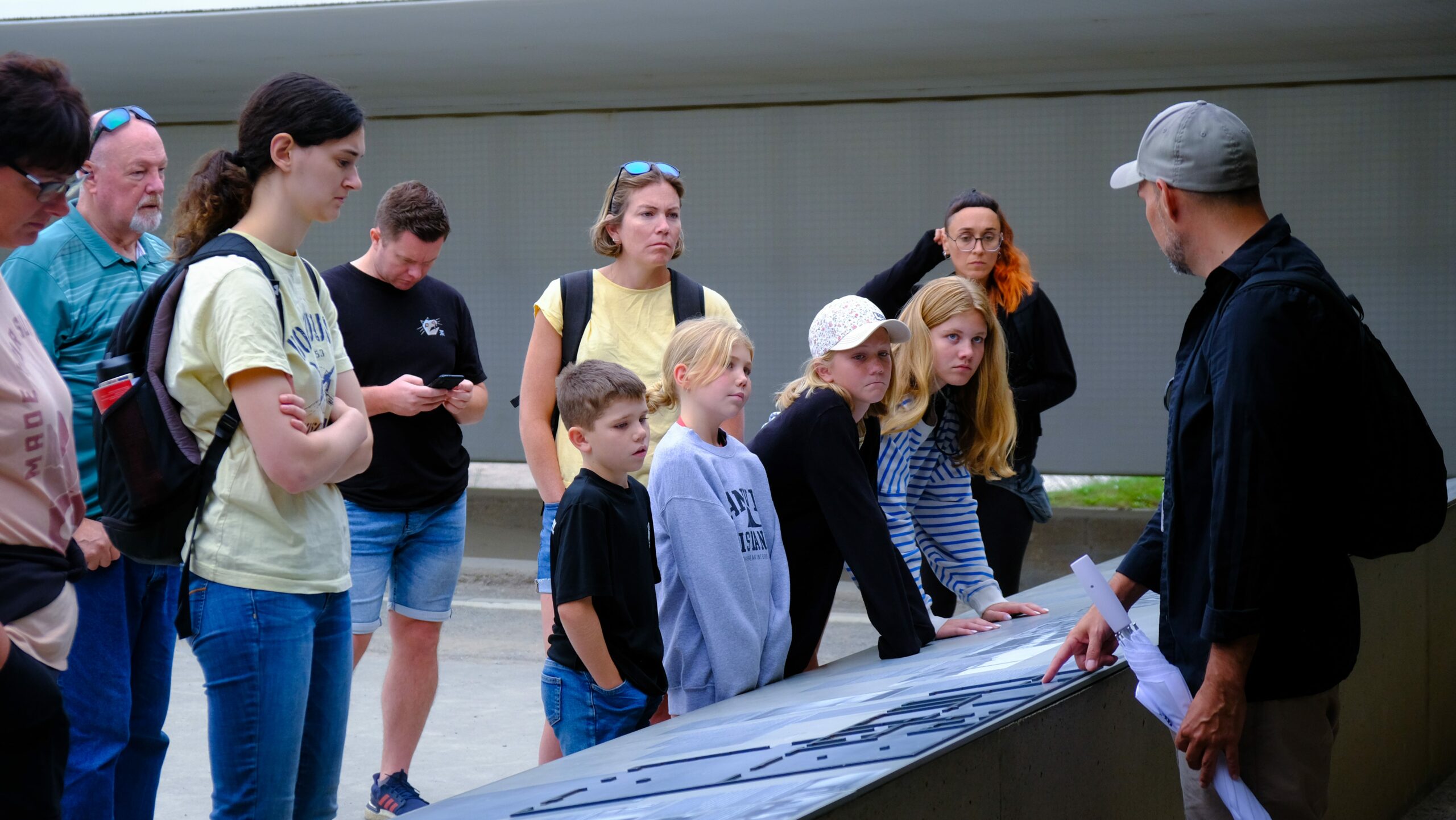Analyzing Berlin’s Political Environment
With regard of the political setup in the area, some citizens may sometimes be in doubt as to whether Berlin is a state or a city. This is quite an interesting type of a response question. Berlin existing today is a state as well it is a city in the Federal Republic of Germany following its history not like other capital cities.
Touring Berlin in a State
Like any other state, Berlin has parliament called Abgeordnetenhaus, constitution and government. Government services mean those services that are undertaken and delivered by the state government in the relevant city-state and these range from health care, transport, education among others. In the nation, Berlin’s Governing Mayor boosts the state administration.
abgeordnetenshouse
The state of Berlin has only 891 square kilometers, and this is information that is quite interesting about it. Nevertheless, its population counts over 3.7 million of people making it the largest city in Germany and its activity significantly diverse.
Berlin’s Specific History
And it is only important to analyse the particular past of Berlin to understand her political position adequately. After or post World War, United States of America, Soviet Union, United Kingdom and France divided Berlin into four parts.
II. It finally bore the famous Berlin Wall in the early part of 1961.
Berlin again became the capital of united Germany when the Berlin Wall came crashing down in 1990 and the two German states merged. However, a historical perspective playing a significant role in developing its state and city persona did make Berlin important.
Noting Berlin as a City
The city of Berlin is certainly one of the most vibrant and multicultural places in Europe as far as its position as a state is NOT considered. It has lots of history, popular night clubs, and a solid art and theater tradition, are famous all over the world.
Arts and Cultural Center
The city has always been attracting musicians, artists and creative people from all around the globe. Some of the art galleries, museum and event that are hosted in the include the Altes Museum and the Pergamon Museum, which are located in Museum Island.
Other than several cultural activities and celebrations in honor of the LGBTQ+ rights in Berlin, are Berlinale or the festival of International Movie or films and the Karneval der Kulturen or Carnival of Cultures.
Historical relevance
In this paper, Berlin is like entering a time line. There are a number of historical places which are spread all over the history of instability in the city. Once a Cold War emblem of division, the Brandenburg Gate today also stands for freedom. The Berlin Wall Memorial and Checkpoint Charlie Museum are the best instances that honored the places of Berlin’s stormy past as well as the holocaust.
The energetic night atmosphere in Berlin
It is at this time that the lively night life of the capital of Germany was recalled that you once looked for without finding any. People can go for a rooftop bar, small beer garden or an underground club experience – and that right here. Nevertheless, Berlin’s range of techno music attracts fans of electronic music as it is a wide category for all types of techno.
At last, Berlin remains one way or another a city state that one cannot fit into the conventional categories. In particular, Germany is not only a capital but also a state of Europe. Berlin’s administrative system is in a way then political; culture and importance in history aids in beetwixt the formation of a class-administered city and its reputation.
There are things you may want to learn about Berlin or its history, there is that interest that you want to develop on the multiculturalism, or there is that interest you may want to quench in clubbing because in Berlin, the city never sleeps. You should come and visit this city; it is appealing.
Table of Contents

